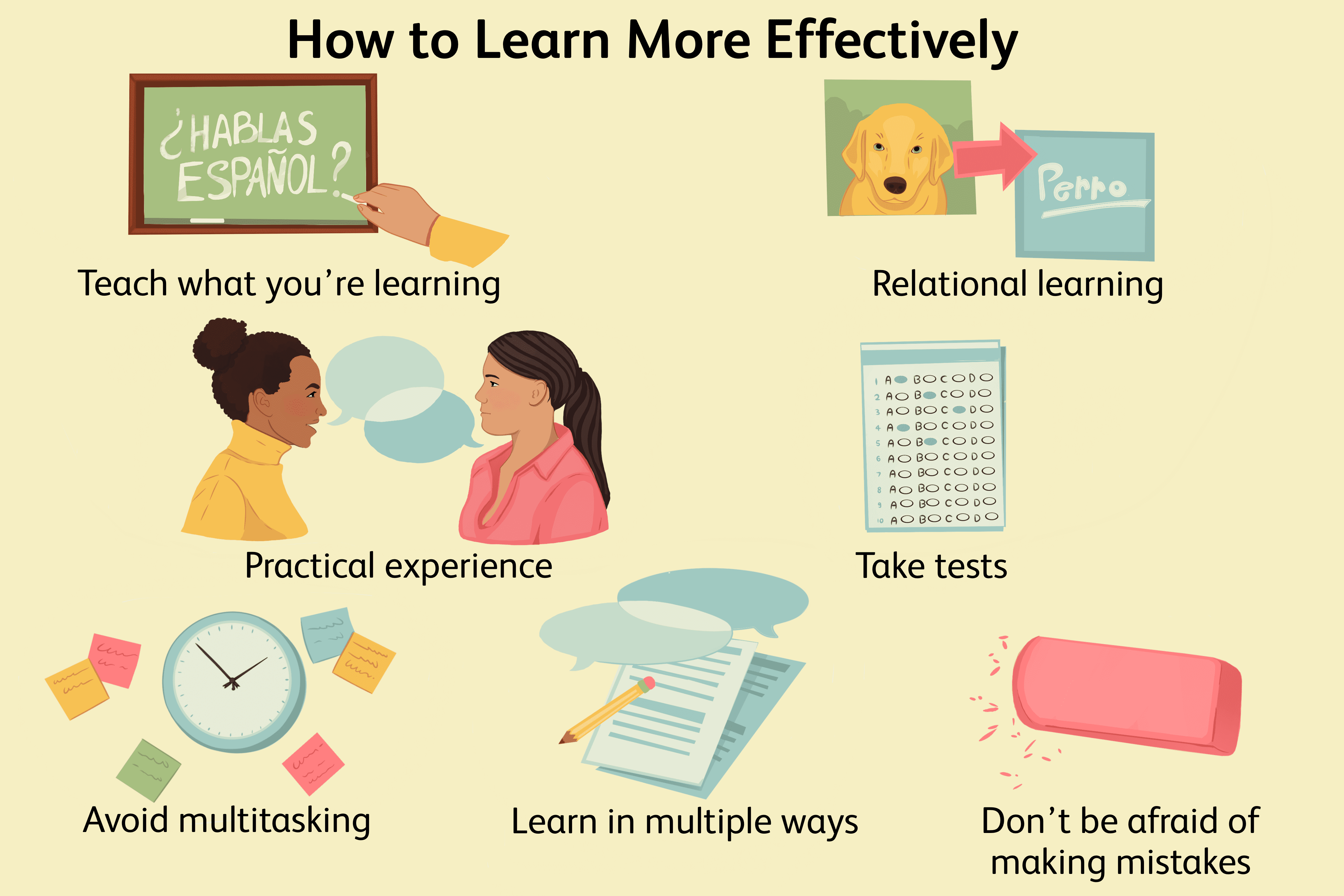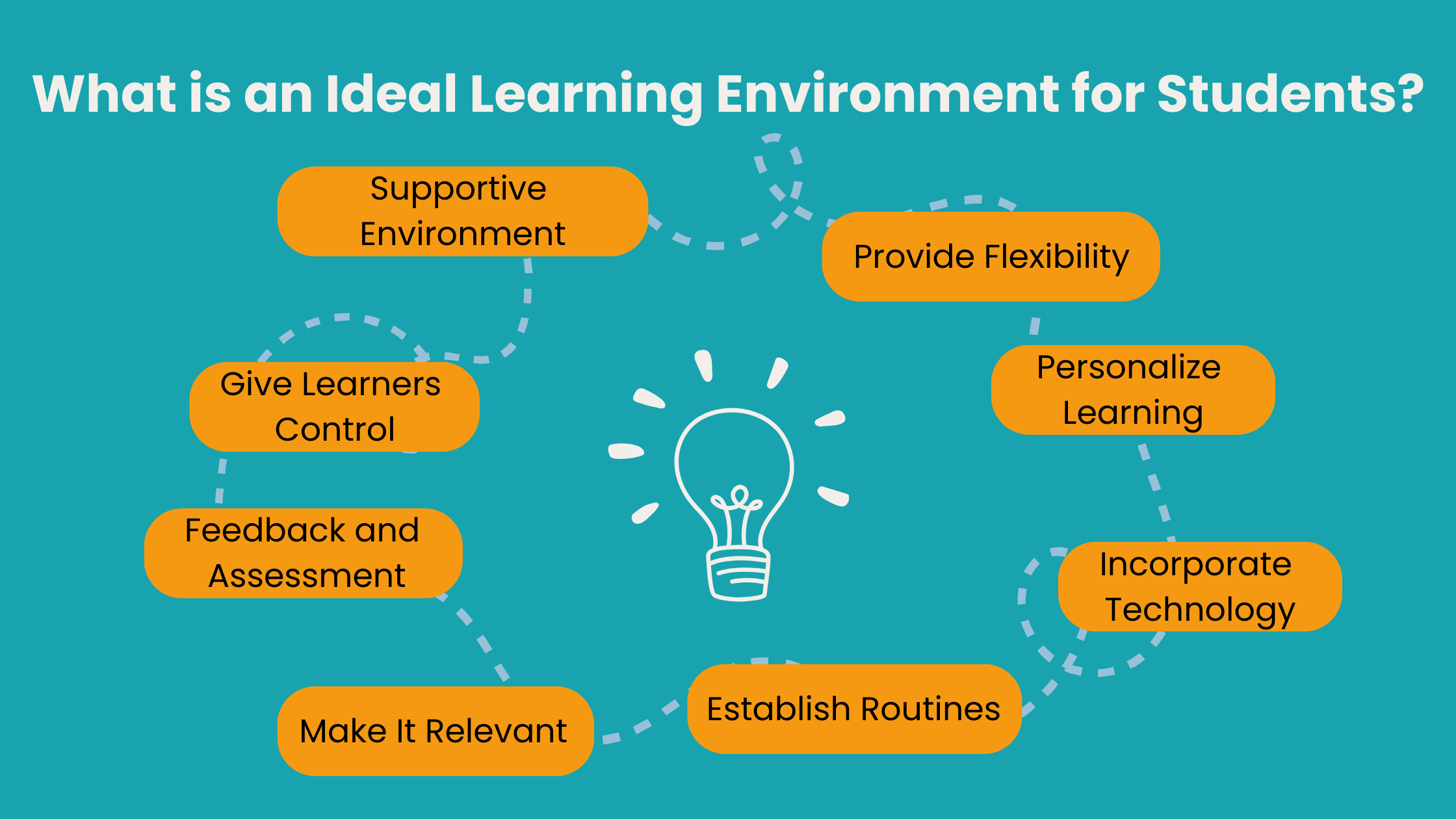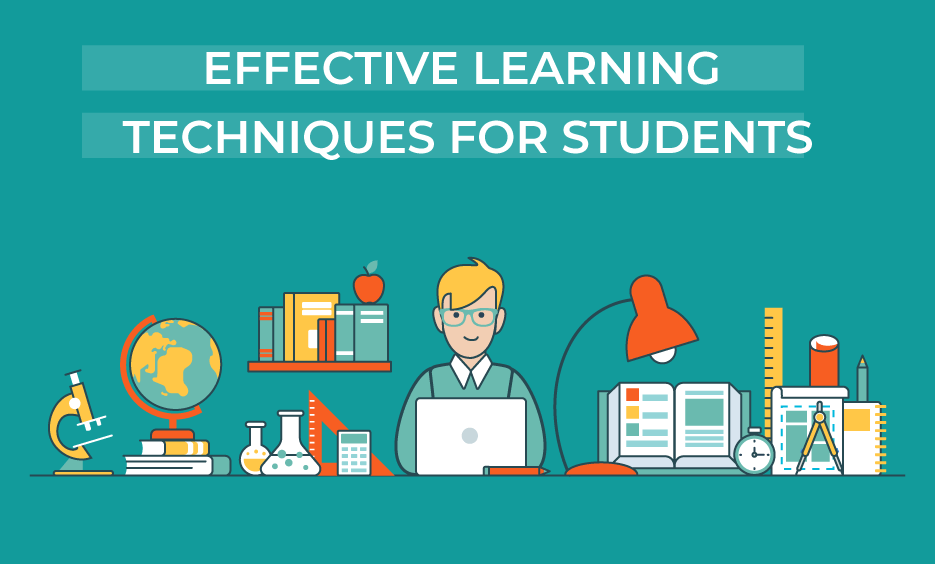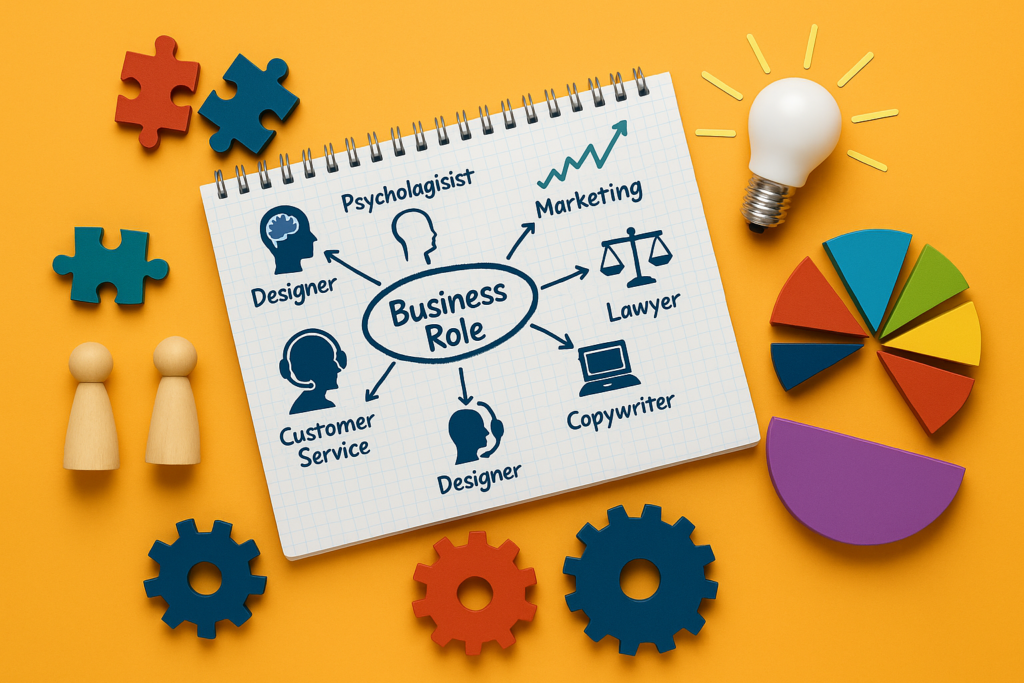The role of Effective Learning Techniques in modern education has become essential in shaping the minds of tomorrow. These strategies are more than just study tips; they are scientifically proven methods to enhance understanding, retention, and application of knowledge.
At Verified Campus, the focus has always been on empowering students and institutions to implement techniques that elevate learning outcomes. From retrieval practice to spaced repetition, adopting effective methods leads to long-term academic success and overall cognitive development. Every learner, irrespective of their background, benefits when these techniques become part of their daily learning routine.
The Role of Effective Learning Techniques in Academic Success
Success in education depends not only on hard work but also on using the right approach. Effective Learning Techniques provide students with structured ways to absorb and apply knowledge efficiently. Unlike traditional rote learning, these techniques involve active participation, self-assessment, and reflection. Whether it’s summarising lessons, testing oneself, or engaging in interactive sessions, these practices foster deeper understanding. Teachers who encourage such strategies see better engagement and higher achievement among students. They promote independent thinking, helping learners become proactive in their academic journey.
Personalized Approaches and Learning Styles
Every student has a unique way of learning. Visual learners benefit from diagrams and mind maps, while auditory learners retain more through discussion and explanation. Effective Learning Techniques accommodate these differences, enabling educators to personalize instruction for optimal results. Recognizing and aligning methods with individual learning styles ensures no student is left behind. Tools such as concept mapping, flashcards, and spaced recall not only suit varied preferences but also enhance memory and comprehension. The flexibility of these strategies makes them essential in inclusive classrooms.

Retrieval Practice and Long-Term Retention
Among the most impactful Effective Learning Techniques is retrieval practice, which involves recalling information without looking at the source. This technique strengthens memory and improves the ability to apply knowledge under pressure. Students who practice retrieval through quizzes, writing summaries, or group discussions retain information longer and perform better in assessments. It shifts the focus from passive revision to active recall, making learning more effective. When used regularly, retrieval practice builds a strong foundation for cumulative learning across subjects and levels.
Spaced Repetition and Strategic Review
Another cornerstone of Effective Learning Techniques is spaced repetition, which involves reviewing material over increasing intervals. This approach combats the forgetting curve, ensuring that knowledge stays fresh over time. By revisiting concepts at strategic moments, students reinforce understanding without being overwhelmed. Tools like digital flashcard apps and review calendars help automate this technique, making it practical for all age groups. It replaces inefficient cramming with manageable sessions, leading to consistent progress and better academic performance.
Active Learning and Student Engagement
Active participation transforms passive listeners into curious thinkers. Effective Learning Techniques that involve problem-solving, debate, or hands-on projects increase engagement and motivation. These techniques encourage students to explore concepts beyond textbooks, fostering creativity and critical thinking. Active learning also builds communication skills, as students express their ideas and defend their reasoning. When students interact with the material, rather than memorize it, they develop a deeper understanding that prepares them for real-world applications.
Feedback and Reflective Practice
Effective learning also relies on timely feedback and self-reflection. Through Effective Learning Techniques, students learn to assess their progress and identify areas for improvement. Reflective journaling, peer feedback, and self-evaluation sheets make learners more aware of their growth and challenges. This awareness promotes metacognition—the ability to think about one’s own learning—which is vital for continuous improvement. Teachers who integrate feedback loops foster an environment where learning is dynamic and growth-oriented.
Study Techniques in Core Subjects
Effective Learning Techniques are not limited to theory; they can be applied across various subjects. In mathematics, techniques such as interleaving (mixing different types of problems) and error analysis boost problem-solving skills. In science, practical demonstrations combined with inquiry-based learning improve understanding. Language learners benefit from vocabulary mapping, grammar drills, and narrative construction. By integrating these techniques into subject-specific activities, educators make lessons more engaging and impactful. Students become confident learners who can transfer knowledge across topics.
Motivation and Goal-Oriented Study Plans
Motivation drives academic effort. Structured study plans using Effective Learning Techniques help learners stay focused and avoid burnout. Setting short-term and long-term goals keeps students on track and gives them a sense of accomplishment. Techniques like the Pomodoro method (timed focus sessions) and SMART goals (Specific, Measurable, Achievable, Relevant, Time-bound) enhance productivity. When students see their progress clearly, they remain motivated and committed. These habits prepare them not just for exams but for lifelong learning.
Role of Environment and Routine in Learning
A conducive environment enhances the impact of Effective Learning Techniques. Minimizing distractions, having a dedicated study space, and maintaining a consistent routine are small steps that yield big results. Environmental cues, like lighting and organization, affect focus and memory retention. Schools and homes that support focused learning routines empower students to make the most of their study time. Consistency, discipline, and self-care become integral to the learning process, reinforcing the value of strategic effort.

Teacher Training and Institutional Support
For students to benefit fully, teachers must be well-versed in Effective Learning Techniques. Continuous professional development, training workshops, and peer collaboration help educators stay updated with research-backed strategies. Schools that invest in teacher growth cultivate a positive learning culture. When institutions provide the right resources and encourage innovation, students receive quality education tailored to their needs. School leadership plays a crucial role in integrating learning techniques into the curriculum and daily instruction.
A National Movement Towards Smarter Learning
Across the country, education systems are evolving. The implementation of Effective Learning Techniques is becoming standard practice, driven by both policy and innovation. As digital learning platforms grow and pedagogical research advances, there is increased emphasis on evidence-based instruction. Students, parents, and educators alike are recognizing the value of strategic learning over memorization. This shift promises to create a generation of informed, analytical, and independent learners equipped for the demands of the future.
Conclusion: Paving the Way for the Best Schools in India
In conclusion, Effective Learning Techniques offer a structured, student-centered approach that improves academic outcomes and nurtures lifelong learning habits. Their value extends beyond grades to shaping confident, capable individuals ready for the challenges of higher education and careers. Institutions ranked among the best schools in India have already embraced these methods, setting a benchmark for others to follow. Through the right mix of guidance, practice, and support, students can unlock their full potential.
With platforms like Verified Campus highlighting such best practices, more schools are realizing the importance of strategic learning. Whether it’s in urban classrooms or rural schools, adopting effective learning strategies ensures that every student gets a chance to succeed with purpose and clarity.


